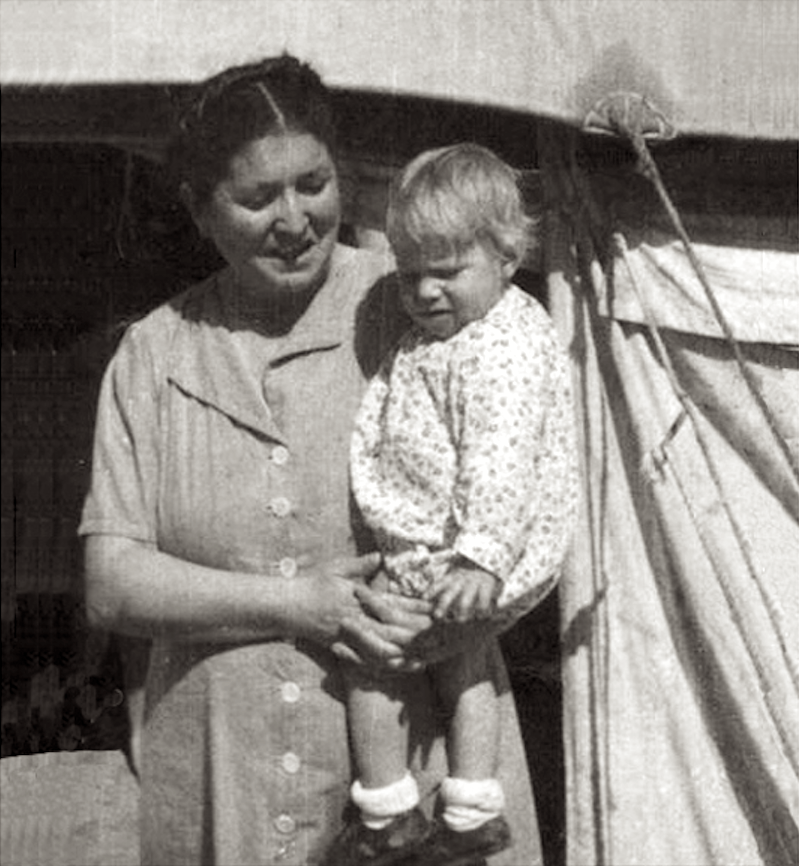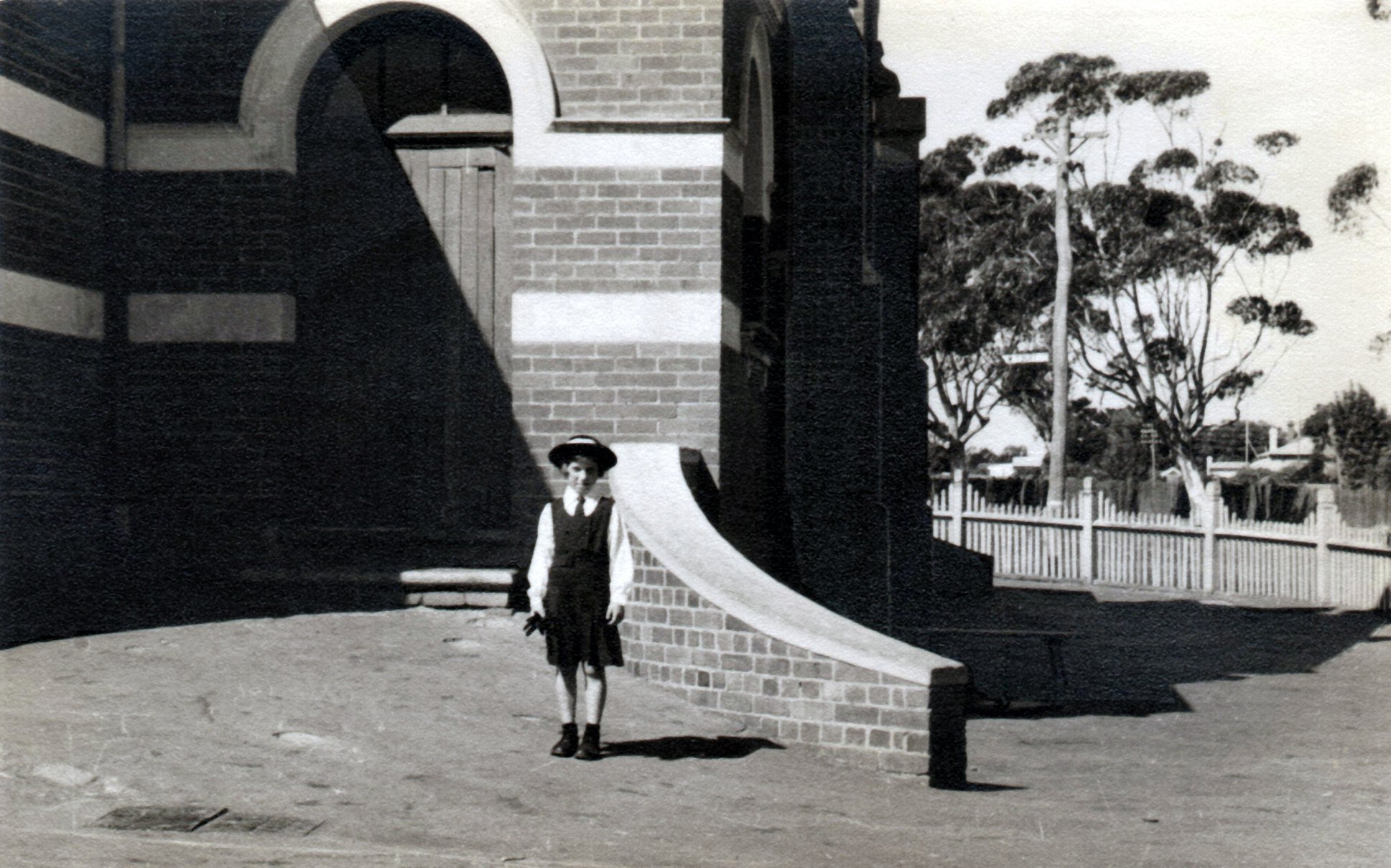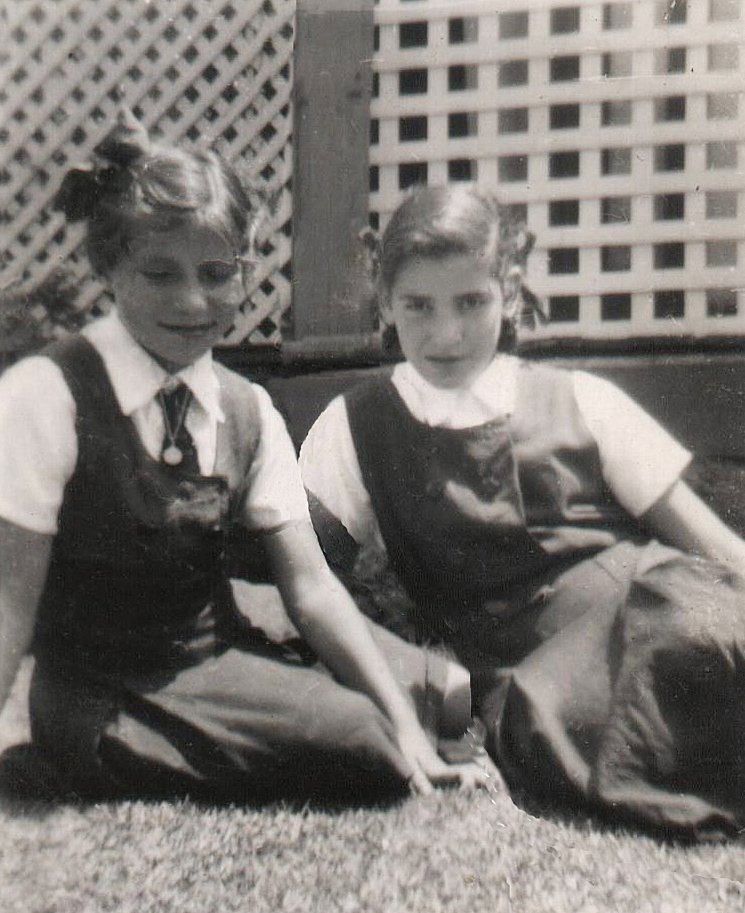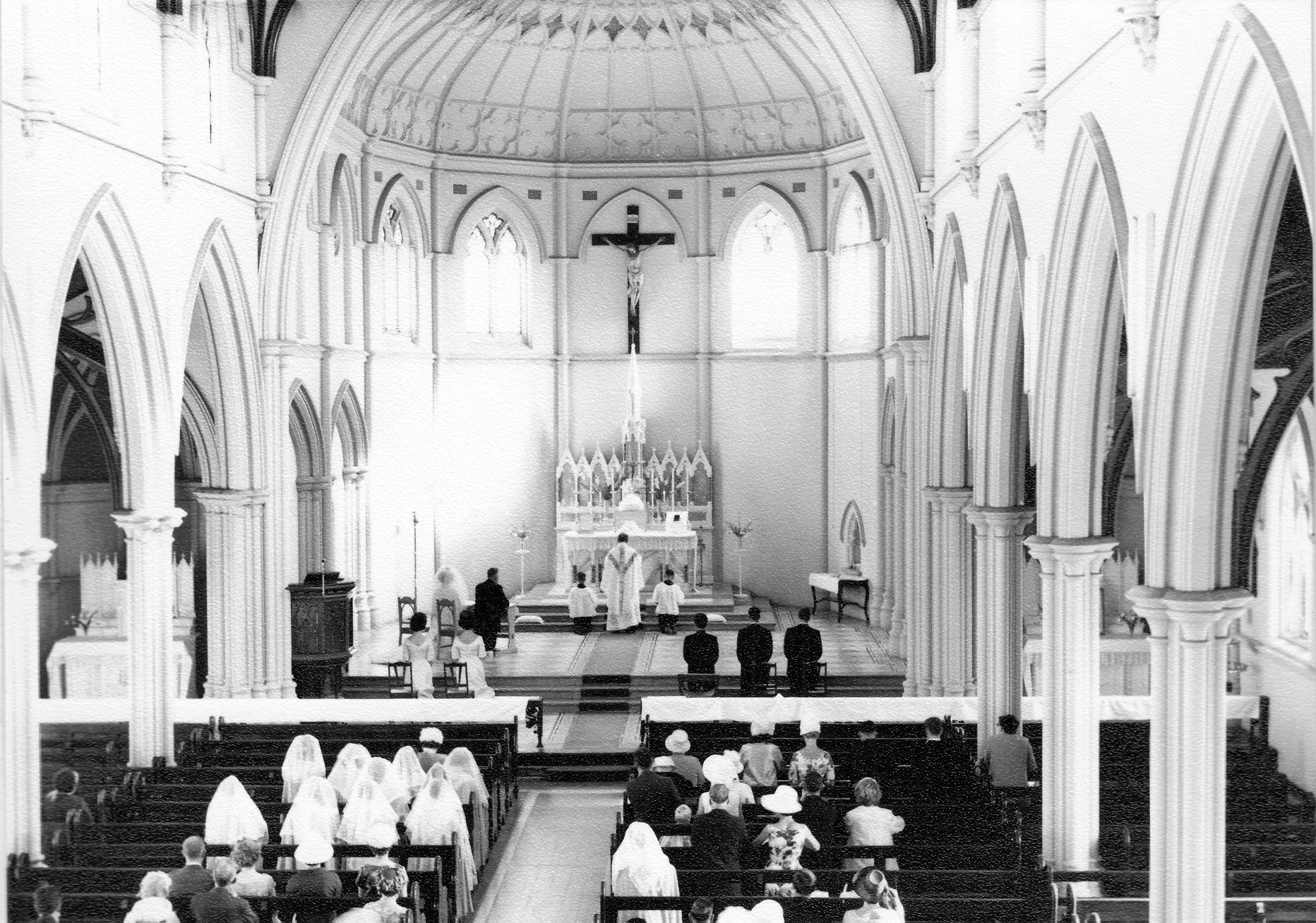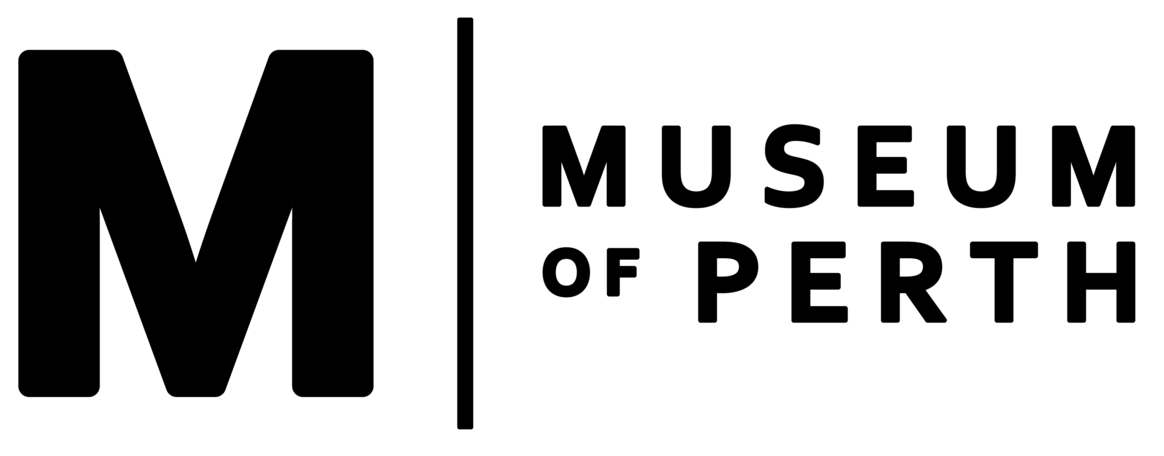Time for some Newman Nostalgia!
Sophia Gatti (Wisniewska 1960), one of our amazing Brigidine Secondary School alumni, came to our Archives a few months ago, bringing more than 60 beautiful photos for our Brigidine Photographic Collection, some of which you can see below.
While with us, Sophia told us a little of her story, and we were profoundly moved. In recognition of Harmony Week and what is going on in Ukraine at the moment, we asked her permission to share her story with you.
Sophia’s parents Olga and Eugene, a second lieutenant in the army, married in Poland in around 1930, though the marriage was not blessed with children for 13 long years.
In the leadup to WWII, Stalin invaded Poland and sent Eugene to a POW camp in Russia, and Olga was sent to a hard labour camp in Siberia.
"After Stalin fell out with Hitler,” Sophia said, “he tried to organise the Polish men he had incarcerated in prisoner of war camps into an army to fight alongside the Russians. The Polish men were willing to fight against Hitler but not alongside the Russians, who had so badly mistreated them”.
In 1941 on his release from a POW camp in Russia, Eugene joined the Polish 2nd Corps Army under General Anders in Uzbekistan, USSR. The new army, consisting of 75,000 ex-prisoners in very poor health, was evacuated through Persia (Iran) to Iraq and Palestine (then under British administration). Olga was released from the gulag in Siberia and also made her way westward.
Incredibly, Eugene and Olga managed to find each other at the largest refugee camp in Tehran, Iran. That is where Sophia was born in 1943. They were then sent on to another camp in Valivade, India, where Sophia's baby brother was born but, sadly, he died 15 months later from typhoid.
Their next camp was in Uganda, Africa, where Eugene eventually succumbed to the TB he’d contracted in the POW camp.
Olga and Sophia were now alone.
Sophia recalls that shortly afterwards “Arthur Callwell (the Australian Minister for Immigration) spoke to all the refugees in that camp and, because that camp was being closed, mum was given the chance of going to England, Poland, or Australia.”
Olga chose Australia and, on Valentine’s Day 1950, she and Sophia arrived in Fremantle with around 1200 other refugees on the General Langfitt. They received a welcome bag in which was an orange and a pie.
They were sent by train to the Holden Camp in Northam for three months where they learnt English. The adults were then contracted to work for two years, and Olga was sent to Aquinas College as a domestic. Sophia (6) was not allowed to go with her, so she was placed in St Joseph’s Orphanage in Wembley, run by the Sisters of Mercy.
Sophia recalled she had found all the refugee camps quite bearable, but the orphanage was an ordeal. She was in a dormitory with strangers, the nuns were very strict, hygiene was pretty dreadful (she caught and suffered from everything going around); they were simply over-run with too many children.
She described her mother visiting her once a week and bringing her fruit, and said the other children gathered around and took the orange peel or whatever else was left. Grim times.
Sophia spent 16 months in the orphanage before Olga was able to be transferred closer. She got work at St John of God Hospital, Subiaco, and they were able to board together in the hospital’s housing at 11 McCourt Street, West Leederville.
At this point, Sophia started at St Joseph’s (Brigidine) Primary School, on the corner of McCourt Street and Salvado Road, Subiaco/Wembley.
“We survived!” Sophia said, as we took a few moments to absorb her words.
Sophia completed her Junior Certificate at Brigidine Secondary School and went on to work as a typist with the Police traffic branch.
In 1961, at the Embassy Ballroom, she met Murray Gatti. Murray had attended another of our antecedent schools - St Ildephonsus College, New Norcia - and was a 1958 graduate. They married in 1965 at St Joseph’s Church in Wembley, and have raised four beautiful children.
Sophia recently sent us her entry in the 2004 Harmony Week competition (below), describing the extraordinary events of her life, and we thought you’d find them as moving as we did.
_______________
Sophia’s Journey
The year is 1943. I arrive in a tent in Teheran, Iran. What am I? I look at my parents – my Mother’s Czech and my Father’s Polish – but what am I, am I Iranian?
We are swept up on the crest of a huge wave – a human wave – all around me are the faces of refugees. We land in India and my Mother smiles as my brother is born. Is this home? No, the tide moves again – “Wait for my brother” … but he’s no longer with us. The wave takes us to Uganda. My Father’s looking ill. “Am I African?” “Look after her,” my Father says … then there are just two of us.
“You can’t stay here” they say and the wave masses again. Enter Australia, extending a welcoming hand. We arrive at Fremantle in February 1950. At long last we have a home. We thank God for Australia – for our freedom, democracy, security and opportunities.
The human mass with unpronounceable names has long dispersed, melted into the Aussie persona, in no small way enriching the country and people of WA. I receive the best education, a good job, marry, study again and find myself teaching multiculturalism and a fair go for all!
It’s 2004 and I look at our four children – Aussies with Polish, Czech, Italian and Irish heritage, here by a stroke of fate, for I was once on a wave…
